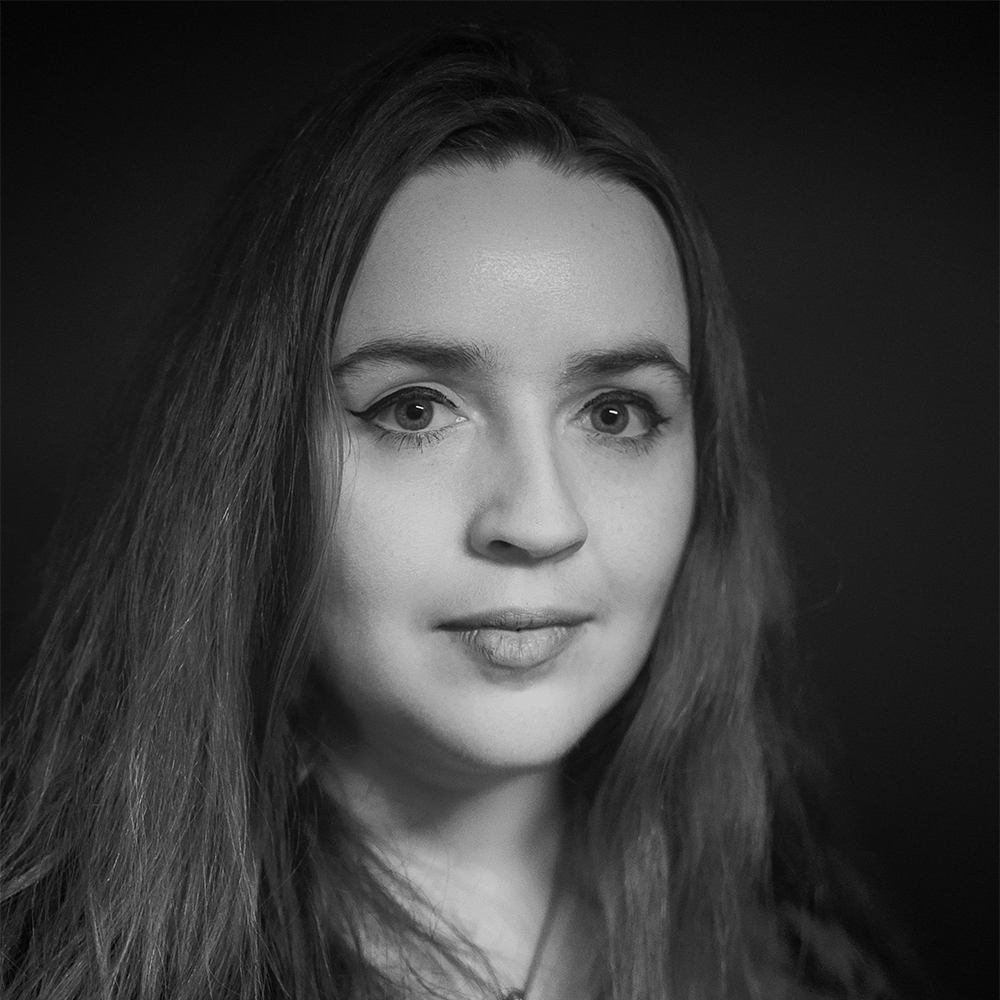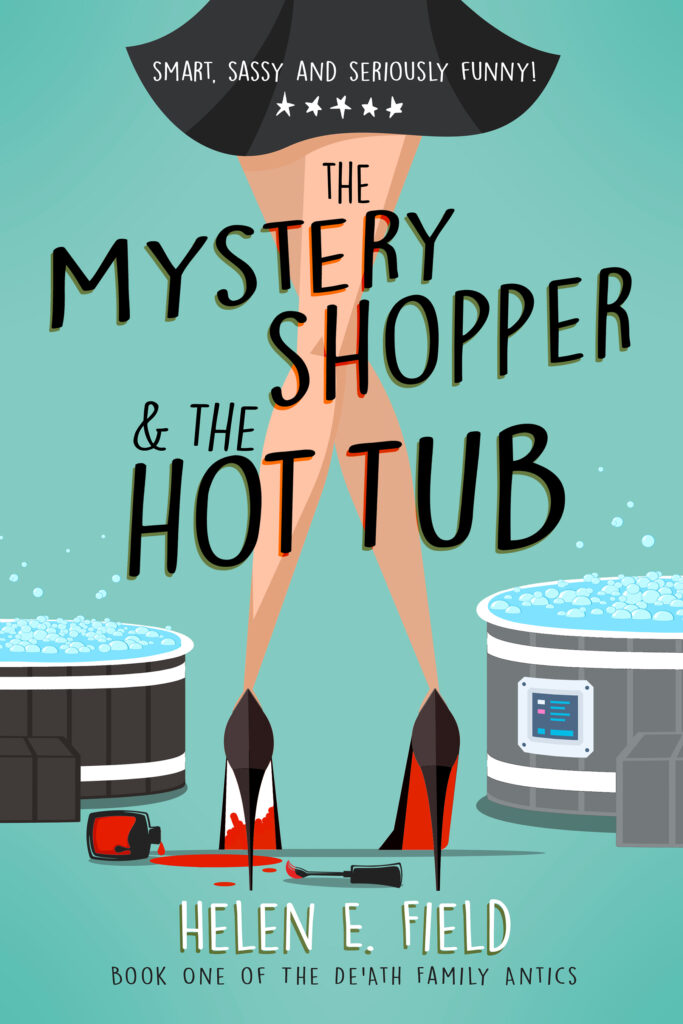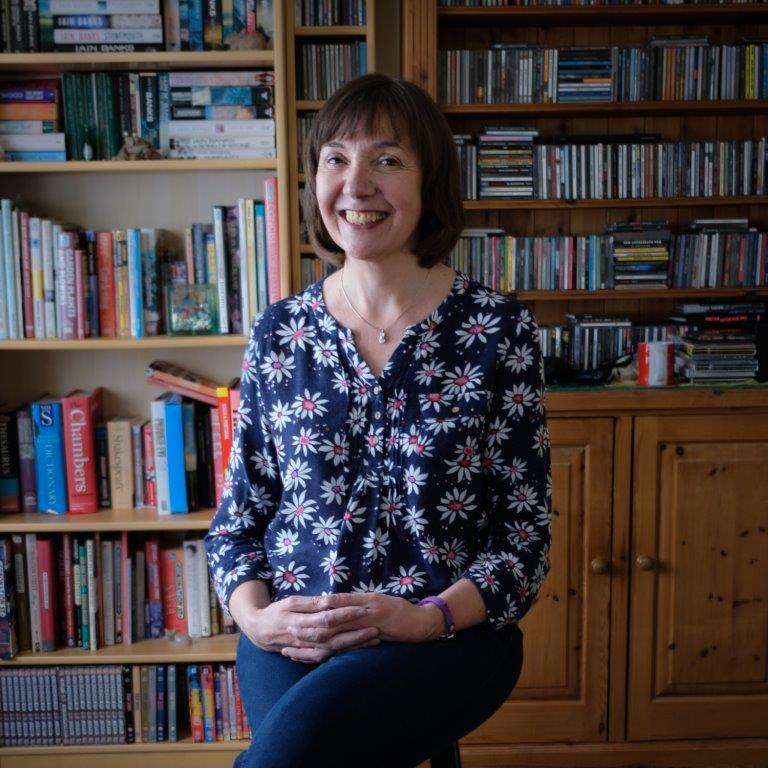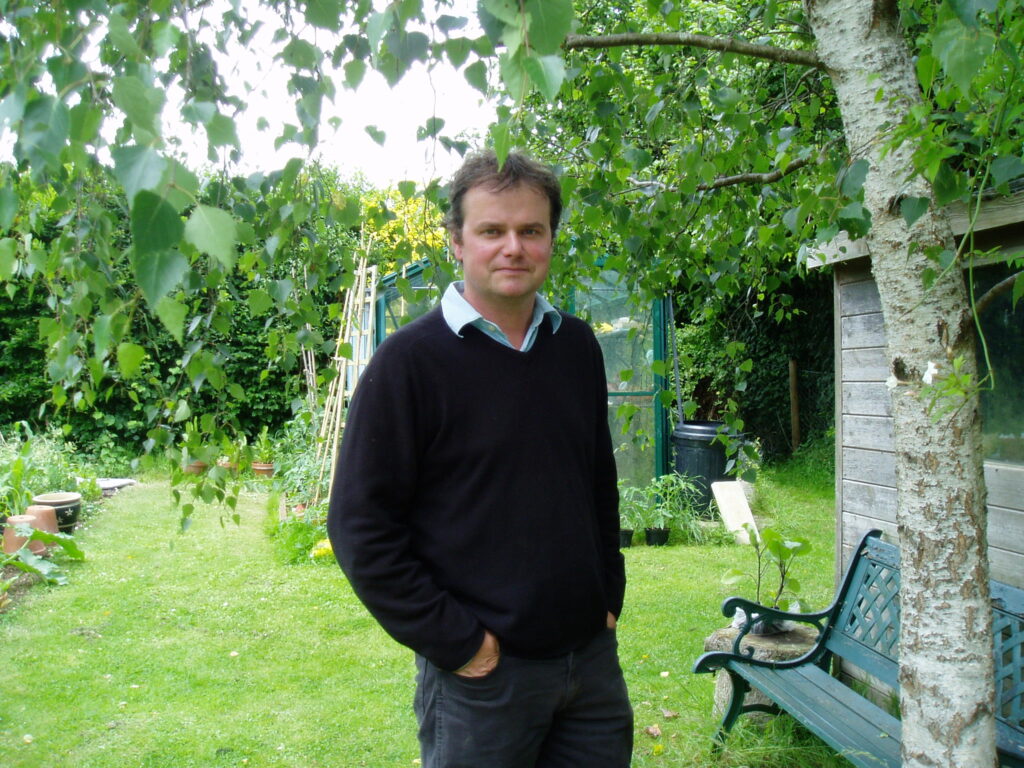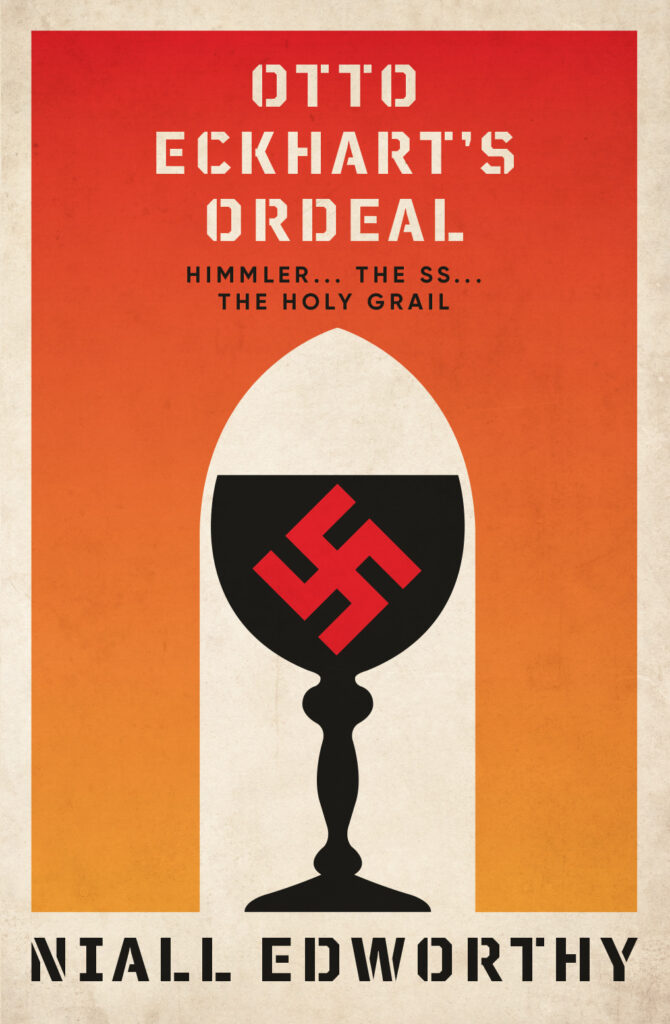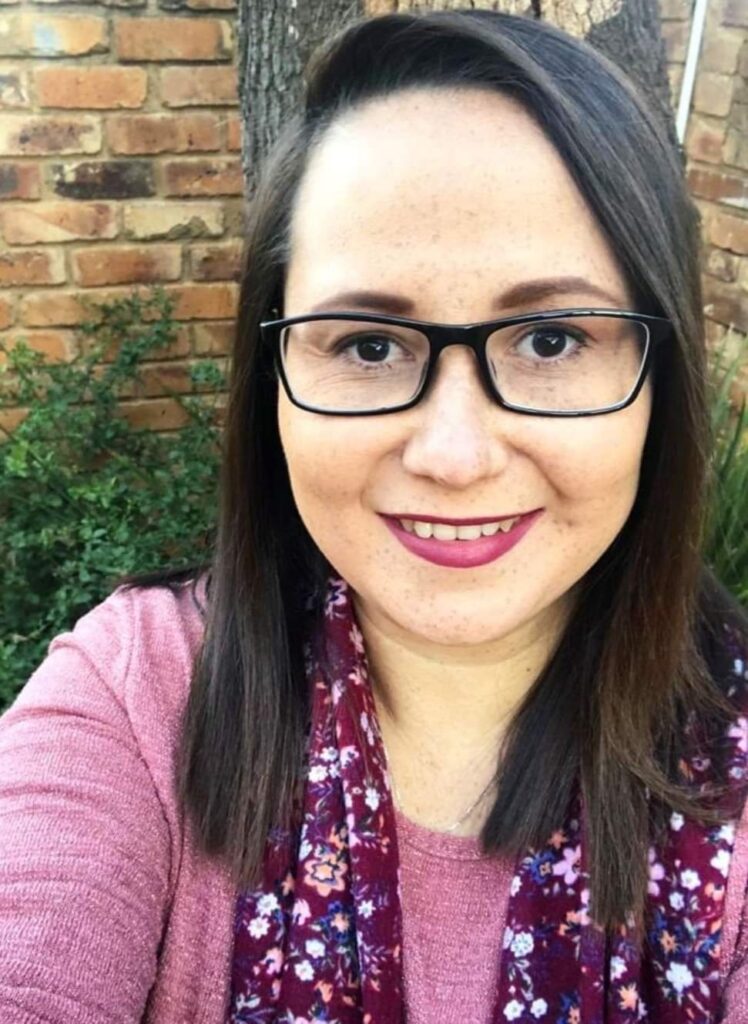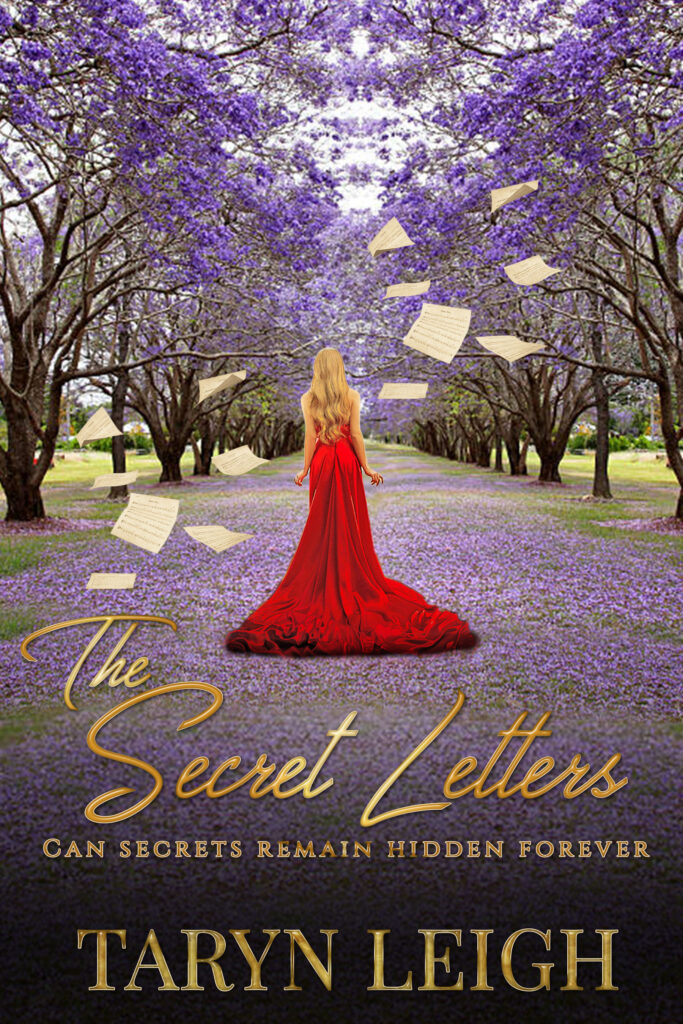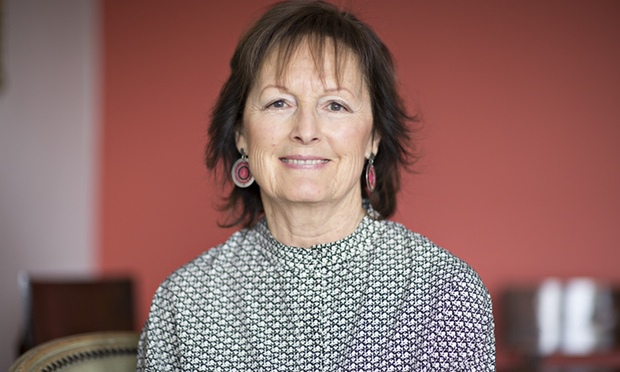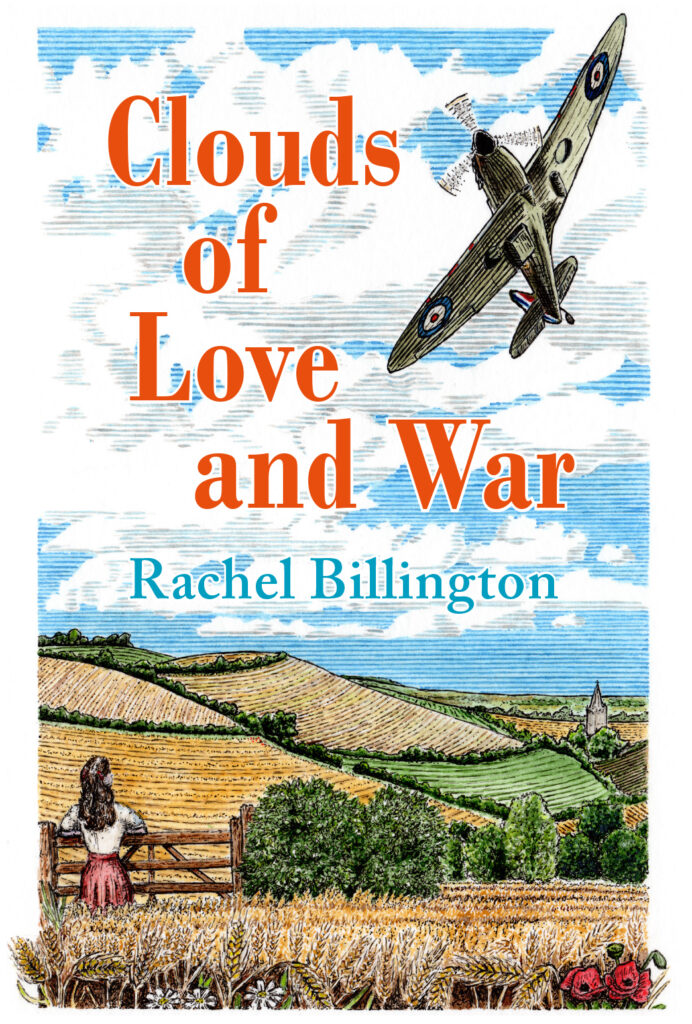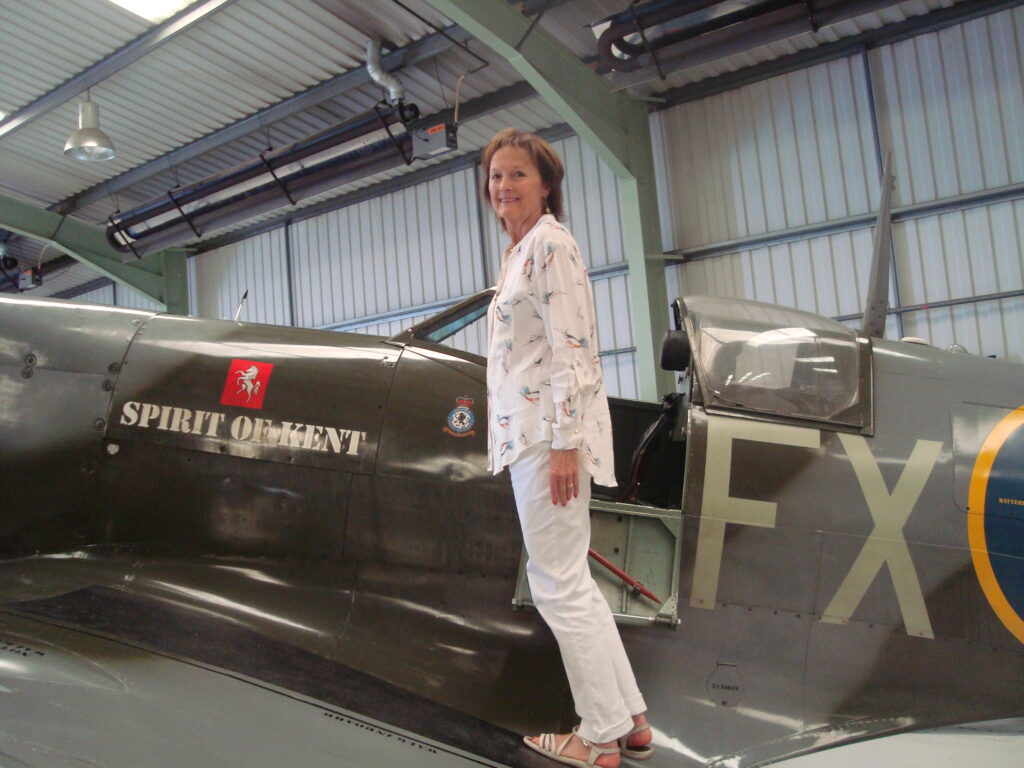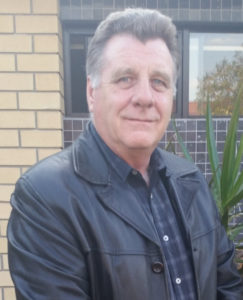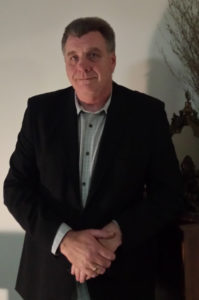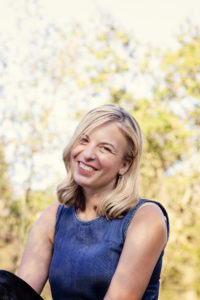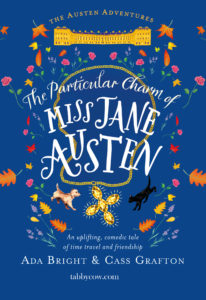- What you have written, past and present
DANGEROUS REMEDY was my debut novel, published in 2020. MONSTROUS DESIGN is the second in the series, out June 2021, and I’m in the midst of writing the third and final book in the series,
Before my debut I wrote a whole host of finished, part-written and completely abandoned novels, none of which I let myself take seriously.
- What you are promoting now
MONSTROUS DESIGN is the sequel to DANGEROUS REMEDY, and comes out 10 June 2021. The first book in the series saw Camille, her girlfriend Ada, and their band of outcasts rescue a girl with strange powers from the guillotine in revolutionary Paris. In the second book, the gang is split between London and Paris struggling against Royalist forces that are growing ever stronger. Think duels, necromancy, betrayal, and a cast of queer, found family misfits.
- A bit about your process of writing
I work a 9-5 day job, so I write evenings, weekends, lunch breaks and early mornings. It’s not always been easy to find the time to write, and I’ve had to put aside other aspects of my life to make it work. But I’ve been writing since I was a small child, and there’s nothing else I’ve ever wanted to do with my life.
I usually have anything from 5-10 ideas fermenting in my head at once, but I try to focus on 1-2 projects at a time. I’ll usually write a draft in 3-4 months, go back straight away and fix all the bits I know are wrong, then chunk it over to someone else (whether my editor, agent, or a friend) to get some more direction for the next round of edits.
- Do you plan or just write?
I used to think I was a planner, but the more real planners I meet the more I realise I’m somewhere between planner and pantser.
It feels like someone’s dumped out a jigsaw puzzle into my brain, and I have some pieces that are obviously corners or edges, or here are a whole heap that connect together to make a building or cloud or something, and then there’s the mess of unknown pieces. So I’ll try to write the bits I know out in a very sketch note form. I like scrivener for this, because I can make a document for each puzzle piece and then start grouping them and moving them around, while making notes of all the things I think should happen in that scene.
Then writing it is like putting the puzzle together. Sometimes it zooms along, sometimes you realise what you thought was a cloud was actually snow and it’s in the wrong place and you have to pull things apart…. You get the idea.
- What about word count?
Apart from a few outliers, I end up somewhere between 80-110k for most drafts. Things grow and shrink during edits, but I don’t have an over or under writing problem. I write the right number of words, they’re just the wrong words and have to go in the bin.
- How do you do your structure?
I really love books about story structure. I don’t think there are really any hard and fast rules (and a lot of those rules are western-centric and automatically dismiss other forms of storytelling). But I like knowing what sort of patterns are out there, and pulling them apart.
DANGEROUS REMEDY and MONSTROUS DESIGN are fast paced stories that take place over a handful of days each. I didn’t get to play around with structure too much, but I did use the structure to think a lot about what information I share with the reader and what I withhold until the right moment. I love a good twist and to make them work you’ve got to do a lot of work before you can whip back the curtain and reveal the truth. Having a clear idea of my structure helps me work out where I need to lay seeds.
- What do you find hard about writing?
I’ve found it tricky know how to structure stories that are driven by emotions and character over big flashy plots. I’ve been working on a side project where this has been my main challenge and I’ve learnt so much. It’s made me think about my writing in a really different way and prove to myself that even though I’m a published author now, there’s still so much more to do and learn.
I find editing harder than drafting. It stops being potential and starts being a real thing, which will always disappoint me a bit for not being exactly the thing in my head.
- What do you love about writing?
I had to think about this for a while. It’s like someone’s asked me what do I love about air. I like that it means I can breathe? I’ve been through a lot of difficulty in my life, and for a lot of it been on my own, so writing has been as essential as water or sunlight. It means I can exist. It gives me purpose and meaning and joy.
If I have to say something specific, I think my greatest joy is when character drives plot and plot drives character in a really effective way – a slow burn character arc that takes a hero to a villain. I love writing in moral grey areas, where good people do terrible things and terrible people do good things.

